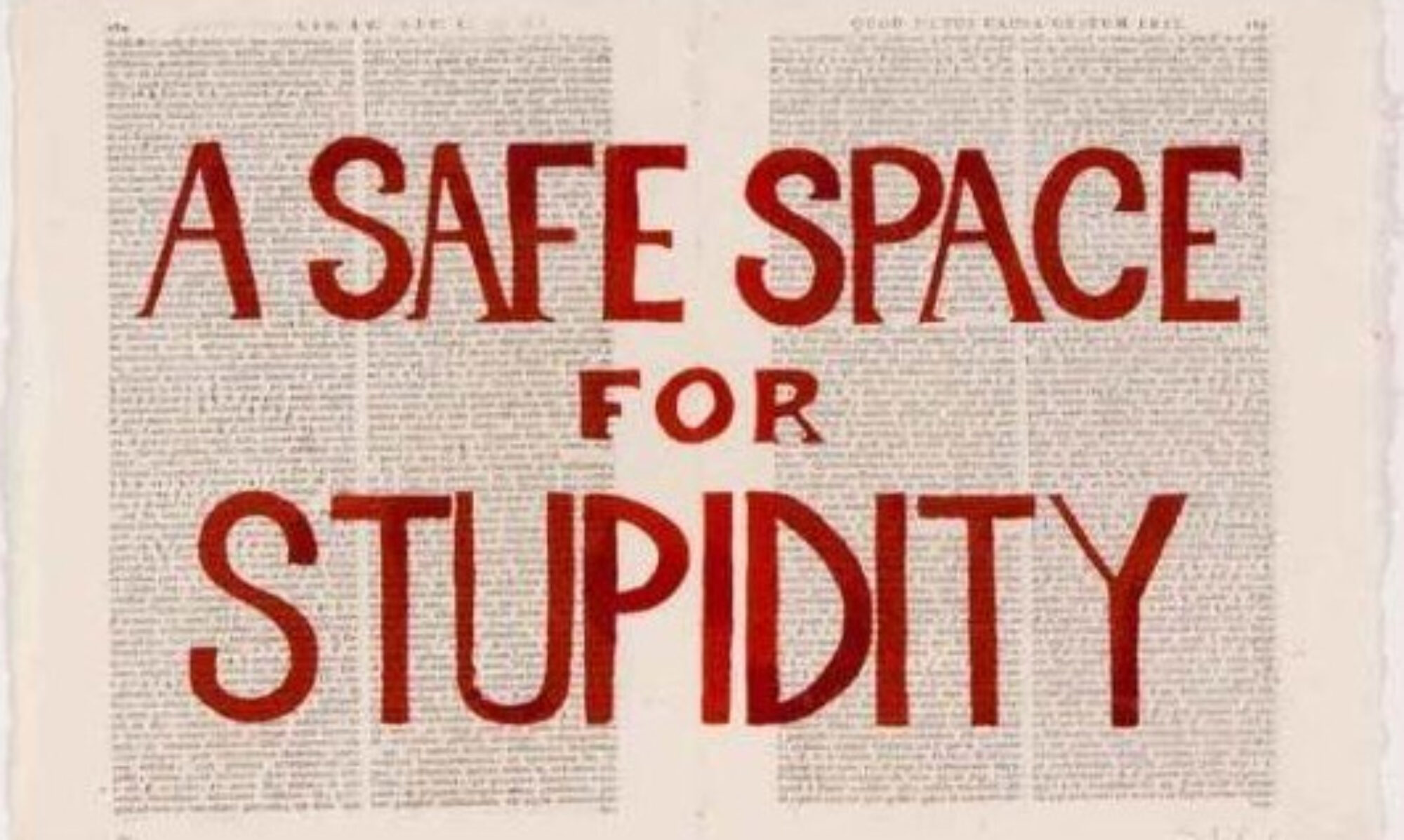This is a response to Liz Morrish’s article on whether universities “are meaningful to the academics who work within them“. You should read the whole article, but the crux of it is here:
In the McCarthyite era it was the army and Hollywood which were in the front line of political persecution. This time it is scientists who are finding that their notions of working in an objective, apolitical enclosure have been disrupted by Donald Trump’s attacks on their right to report valid climate change research. Scientists are now being drawn into political action committees to face down potential threats to funding for the Environmental Protection Agency and, perhaps, to the teaching of evolution in publicly funded schools.
While we stand with beleaguered scientists, I hope we can also defend experts in nuclear and apocalyptic literature in austerity Britain, and a new scholarship of authoritarianism because we must all be vigilant to make sure universities continue to be sites of resistance to the rollback of the enlightenment.
This is a quick response, following the engineering practice that good enough today is better than perfect tomorrow.

